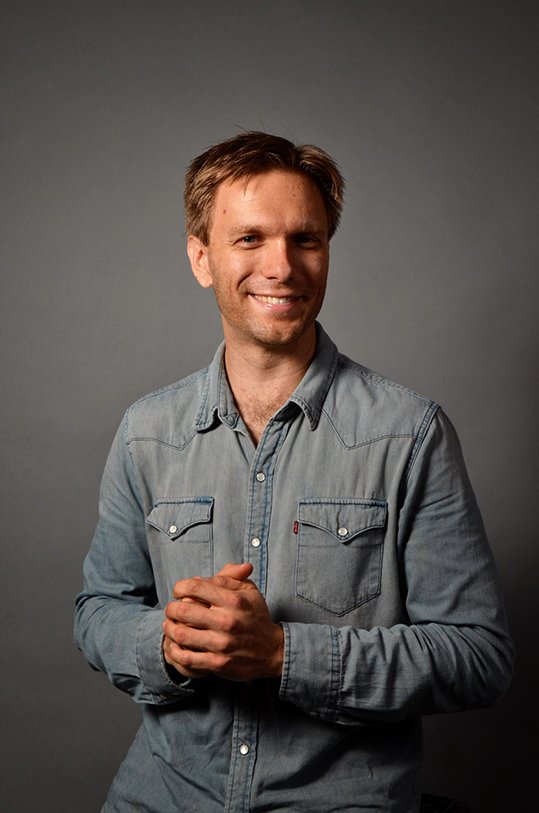Evin Demirel knew even before he finished writing his book that the significance of its content extended so far beyond sports -- a notion that has only crystallized with the reception "African-American Athletes in Arkansas: Muhammad Ali's Tour, Black Razorbacks & Other Forgotten Stories" has received since its release last year.
"People are very eager to share their own stories, their relationship to sports," Demirel says.
FAQ
‘African-American Athletes in Arkansas’
with author Evin Demirel
FEB. 25 — Panel discussion with former Razorback assistant football coach and Arkansas pioneer Fitzgerald Hill, one the first African-American Razorback football players, Jerry Jennings, and Razorback basketball commit Justice Hill, 2 p.m., Fayetteville Public Library.
FEB 26 — 2018 Black History Month Black Author’s Fair with NWA black authors as well as authors writing on black issues/topics, 6 p.m., ALLPS School of Innovation, Fayetteville.
FEB. 28 — Panel discussion with NBA and NCAA All-Star Sidney Moncrief and National High School Sports Hall of Fame coach Oliver Elders, 7 p.m., Crystal Bridges Museum, Bentonville.
MARCH 3 — Screenings of documentaries “Return to Mexico” and “Salute,” followed by Q&A sessions with Olympic athlete and civil rights icon Tommie Smith, moderated by Demirel, 2-6 p.m., Ron Robinson Theater, Little Rock.
COST — Free
INFO — heritageofsports.com, faylib.org
It was his curious reporter's mind -- Demirel is an award-winning journalist with national credits to his name and a former writer at the Arkansas Democrat-Gazette -- that noticed the disparity in the "public history stories," as he calls them, between the population breakdown of Arkansas whites and blacks and the experiences actually being told.
In the face of a disproportionate lack of resources running as deep as infrequent and poorly archived yearbooks for black public schools (due in part to unequal government funding), Demirel was roused to tell the forgotten stories of people, groups and teams who shaped Arkansas' socio-economic and athletic history. It was Muhammad Ali's death in 2016 that motivated Demirel to anthologize his writings.
"[Ali] is obviously a very significant athlete activist in terms of civil rights history in sports -- arguably the most significant in the 20th century," Demirel says, recalling the boxer's 1969 visit to Arkansas and the reaction around the state. "So the book kind of served on two levels: expressing my love of sports and history, but it's also a way to catalyze a movement toward this bigger digital heritage history project."
Spurred by his deep research dive into Ali's Arkansas visit and his desire to call attention to the experiences of black Arkansans, Demirel uncovered myriad stories of local African-Americans and their legacy in Arkansas sports, racial integration and in social justice. As Demirel is finding in the response to his book and new stories being shared with him, these issues only scratch the surface of the experiences of African-American athletes in Arkansas -- but it's a start. Demirel will be discussing these issues and more with some of the figures mentioned in his book at panel discussions Feb. 25 at the Fayetteville Public Library and Feb. 28 at Crystal Bridges Museum in Bentonville.
"There will be some of why I think it's important [to] catalyze this larger mission... [of] trying to capture some of that public history before it's too late," he shares of the upcoming events. Demirel will also examine the collision of activism, athletes' rights and First Amendment rights with people who lived it, while tying in to the current climate of professional and collegiate sports. "I think you would be remiss not to [bring up] the issue of guys like Colin Kaepernick or the kneeling Razorbacks protesting police brutality in the public sports forum.
"It's important, too, [to acknowledge] why athlete activism in general has spiked in the last five years is social media, and that digital aspect has really fueled getting it out there," Demirel continues. "Whereas 20, 30, 40 years ago, people were writing articles in their local historical bulletins or their church newspapers about the black heritage of that area while people were still alive... the problem is for our generation, those are very difficult to access because they never put them in a database where we can find them. So I think you've got to talk about this is the latest iteration of the heritage of African-American athletes, both in Arkansas and on a national scale."
To further that goal of saving these public histories, lesson plans based on Demirel's book are also in the works for social studies and English courses in Arkansas schools. A number of Little Rock and North Little Rock classrooms are already supplementing curricula with the materials. Demirel's hope is these stories could get sports-oriented kids more into reading or history, if not turn teachers and students onto the public history mission and social justice narrative of their own state.
"I'm sure there are other stories that are just going through the cracks," he says, "[but] hopefully this kind of heritage project will bring them to the fore before it's too late."
NAN What's Up on 02/25/2018

